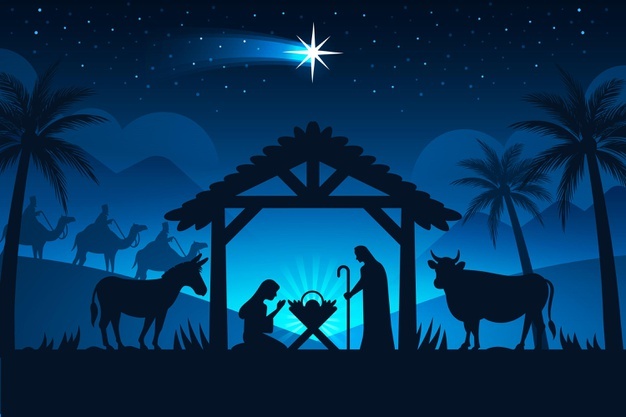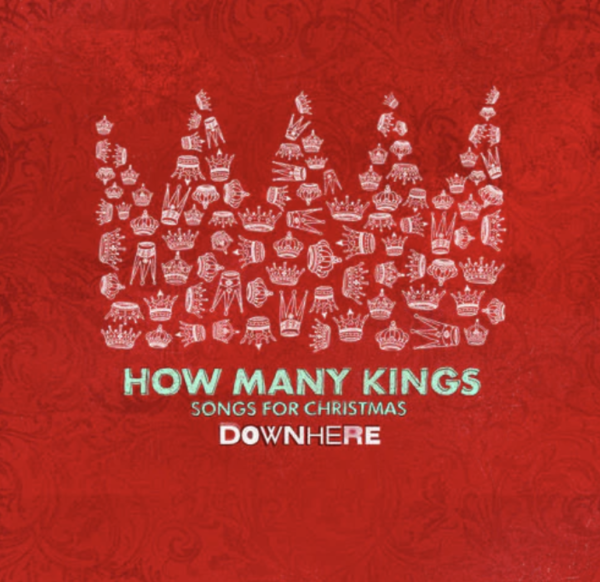The Meaning of Christmas
When playing a word association game, we would say that Hanukkah is to Judaism, as Kwanzaa is to African culture, as Christmas is to what? Bright fluorescent lights, Black Friday deals, and mall Santas? I admit, getting wrapped up in the secular spirit of Christmas is not something I would be willing to give up easily. A new phone would not be unwelcome. However, despite the fact that commercialism around the holiday has been increasing ever since the 1840s, we must learn to block the distractions of the superficial side of Christmas. By doing this, we are priming ourselves to be able to see the true meaning of Christmas. Christians celebrate Christmas as a way to commemorate the birth of Jesus, the Only Son of God. Any earthly pleasure cannot begin to compete with the great joy Jesus’ birth brings into the world.
As an easily distracted person, hearing the same story about how Jesus came as a servant king out of pure love for us over and over again can take the meaning and effect out of the Christmas story. Without renewing the awe attached to the Christmas season, it is impossible to feel truly in the Christmas spirit. It can be frustrating when the surface level of mall Christmas has been fulfilled, but we feel we have not been able to reach the deeper — not to mention more important — faithful level. Taking a few minutes to sit in a chapel or alone in prayer and reflection is something I do to feel the extent of God’s love through the birth of Jesus. The love that God feels for us is so evidently displayed in the birth of Jesus that it gives us a longing to spread the love. The reason the Christmas spirit is so highly coveted by both Christians and non-Christians is that the truth and purity of the meaning of Christmas pour out of all who know the unrelenting love Jesus represents.
Elizabeth Barrett ’23, Contributing Writer
23ebarrett@montroseschool.org










